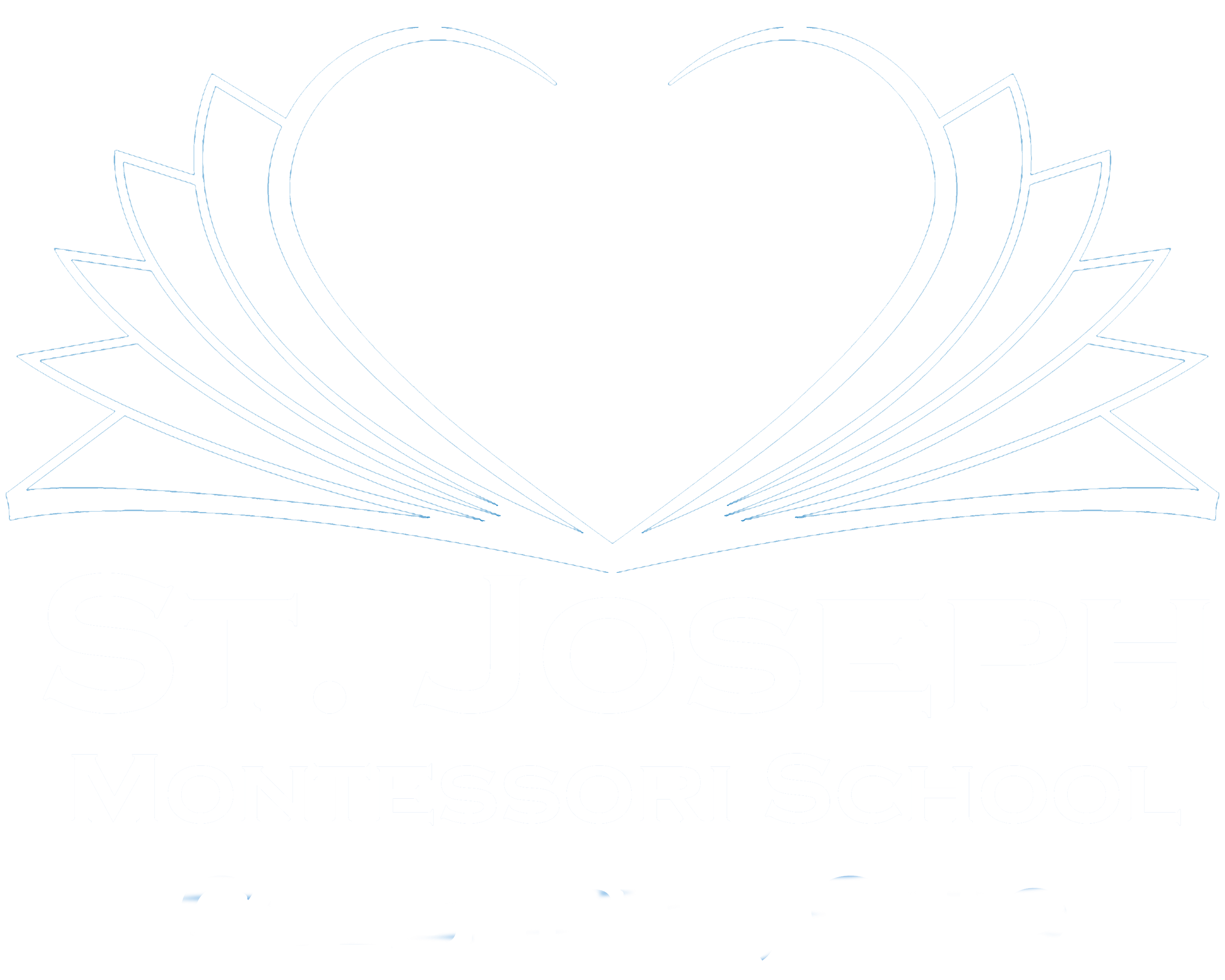Freedom & Responsibility: The Power of Self-Discovery in Late Childhood & Early Adolescence
By Jennifer Robertson, UE Guide
Dr. Montessori considered the late elementary and early adolescent planes of development to be the gateway to adulthood. When she and her son Mario were creating the Cosmic Curriculum, they believed that students in the 9-12 age range were at a point in their development when their minds were opening to the world around them. And then after, during the adolescent period from 12-18, the child's mind becomes focused on the creation of self-identity in relation to this knowledge of the outside world. For Dr. Montessori, the freedom to explore and choose was essential to the formation of the adult at the end of the adolescent period. She argues that “the chief symptom of adolescence is a state of expectation, a tendency towards creative work and a need for the strengthening of self-confidence," (From Childhood to Adolescence, p. 63). To foster this tendency and satisfy this need, those of us who live and work with students in the late childhood and early adolescence stages must be prepared to provide opportunities for authentic and real world experiences. We have to open the door and let them go out, with our support and unshakeable faith in their abilities as their guides. And we have to be there to catch them when they fall.
Part of the struggle with children in this development stage is a continuation of the early childhood mantra: "Let me do it myself." Only instead of wanting to pour the water or use the scissors, these older children want to go out, make choices, take charge, and try on the identities, roles, and responsibilities that will become part of their adulthood. This can be terrifying for the adults that love them because the stakes feel so much higher than accidentally spilling water or nicking the fingertips. This is your precious child in the real world, interacting with other adults and even strangers, making decisions that can have real consequences. Part of the mission of Upper Elementary in the Montessori framework is the preparation for those situations with careful practice, analysis, and problem-solving. Montessori expert and advocate Paula Polk Lillard summarizes this belief by stating, "elementary children need to have lives of their own and not be overly dependent upon the adult…The benefits of Montessori elementary education are such that the children develop independence, will, and social understandings." She goes on to claim that "without a continuous development of these capacities, children are easily led astray. They lack confidence and do what others tell them to do, instead of keeping their own counsel."
We all want our students and children to be confident, self-sufficient, and independent. Without opportunities to practice and make mistakes, children do not acquire the persistence or resilience necessary to move through disappointment to success. We have to let them fail sometimes, so they can learn to recover. We have to let them (safely) fall so they can learn how to pick themselves up. We have to get out of their way, while always having their backs. We cannot gift-wrap and present them with their adult identities; they have to discover that for themselves. And how beautiful they will be, emerging into their maturity with a strong foundation in real, authentic experiences and confidence in their abilities to go out into the world and change it for the better!
For more on these topics, I recommend these readings about Montessori education for older students:
Montessori Today by Paula Polk Lillard
To Educate the Human Potential by Dr. Maria Montessori
At the Heart of Montessori, Volumes 5 & 6 by Clare Healy Walls
From Childhood to Adolescence by Dr. Maria Montessori
"There's No Such Thing as The Real World" by Peter Piche, from the American Montessori Society magazine, Montessori Life, available on their website amshq.org






